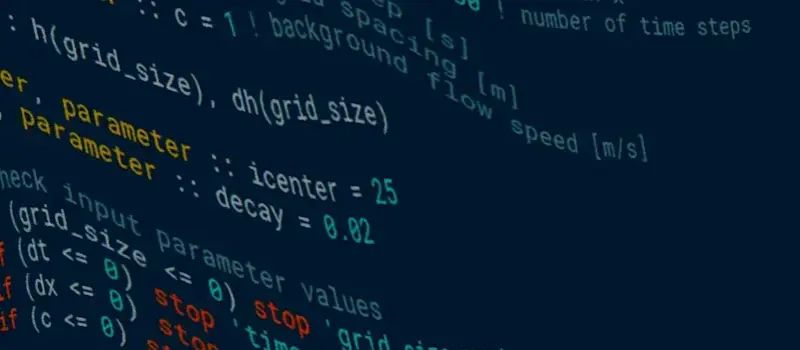ITS Research FAQ regarding use of services during COVID-19 pandemic

As a result of the large-scale shift to remote working due to the COVID-19 pandemic, we have been asked various questions relating to computational research, which we'll try to address below. We've seen an increase in the number of new account requests for the HPC service, and we realise there will be quite a few users wishing to run workloads on the cluster for the first time. Fortunately, the design of the HPC cluster service means that for many of you, your workflow may remain the same as when you were based on-campus.





